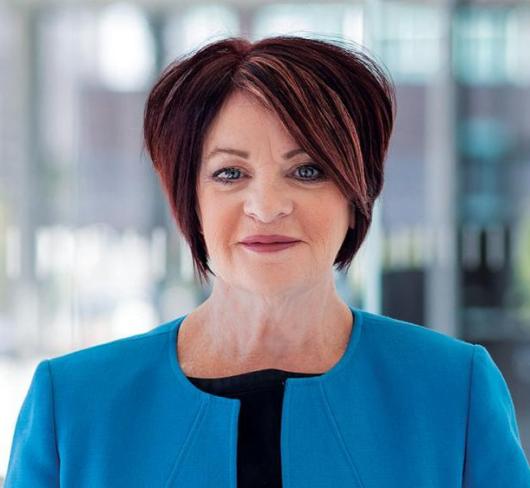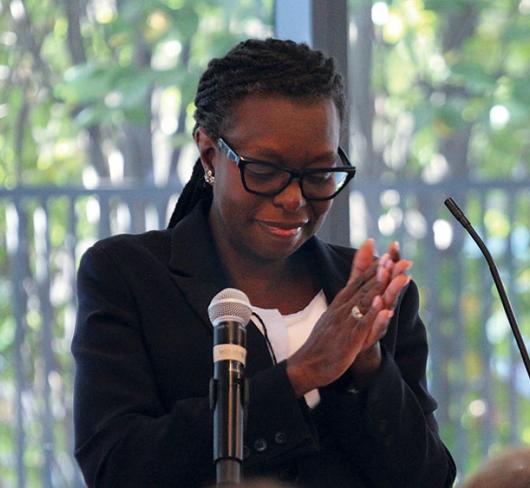Closing the Gap: Fairness for teachers and students (From the President)
ETFO’s campaign to Close the Gap is about standing up for fairness and equality for our students and ourselves. Providing funding for the elementary panel that is equal to that provided for the secondary panel means improvements in learning conditions for students and improvements in working conditions for teachers – in short, a better elementary education for this province’s children. Our objective throughout our campaign has been to negotiate provisions that ensure fairness and equality in the collective agreements we negotiate.
Ministry data shows that currently the government provides $711 per pupil per year more for a secondary student than an elementary student.
This funding gap has a significant impact on the learning conditions of elementary students. It means there are
- not enough textbooks, computers, or musical instruments
- fewer specialist teachers providing music, drama, art, and physical health programs
- fewer teacher librarians – current fund- ing provides one for every 750 students
- not enough guidance specialists – one for every 5,000 students currently
- almost no design and technology and family studies programs – programs particularly important to at risk students
- larger class sizes, especially in grades 4 to 8.
Equal funding that provides a quality education from the very start of a child’s school life pays off in improved lifelong academic success. This is particularly true for at risk students.
But equal funding would also have a tremendous impact on the working conditions of elementary teachers. At your local meetings you will have heard the details of how the government’s initial offer – the one accepted by other affiliates – would impact your working conditions. You’ve heard how little difference a 1 per- cent salary increase will make in your working life, compared to the 115 hours more you teach each year than a secondary teacher; compared to the additional time you spend on report cards; or compared to the size of Junior/Intermediate classes, the inequities in preparation time, and all of the other unequal demands placed on us.
Equalizing the funding for the elementary panel and adding specialist teachers, teacher librarians, and guidance counsellors would also offset the potential loss of jobs resulting from declining enrolments. Protecting jobs is always the first job of a strong union.
Yes, economic times are tough. However, in difficult economic times smart governments invest in public services. And future-oriented governments invest in education because they know that in a knowledge economy a well- educated population is the key to economic prosperity.
Not only is this the right time to invest in education, but the investment must go to improving the educational experiences of students in the elementary years, where the foundation for lifelong learning is laid.
For ETFO members, caving into provincial pressure to sign a deal by November 30 was not an option. We chose to stand up for fairness and equality for our students and ourselves.

